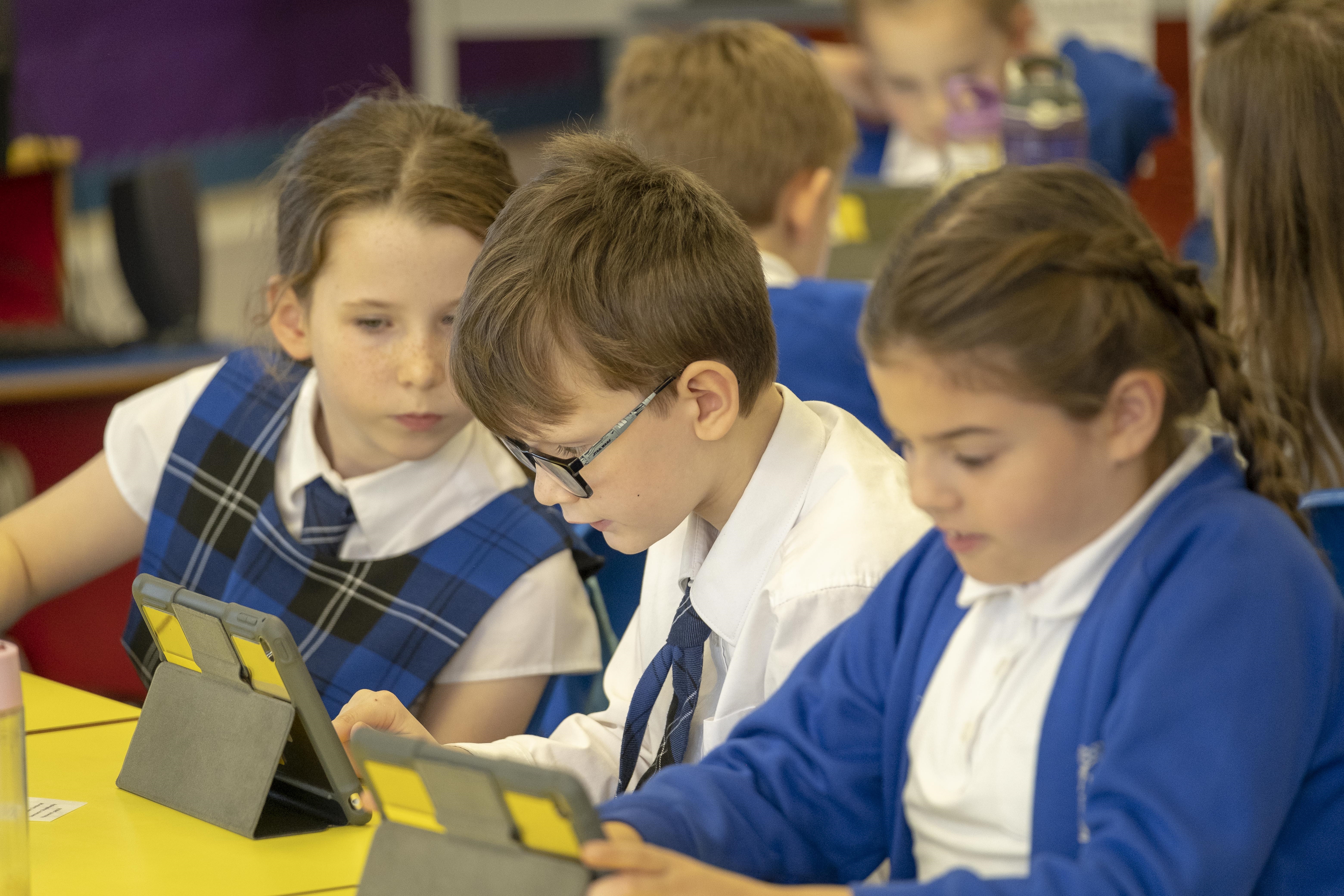Bòrd na Gàidhlig is welcoming organisations in Scotland which support and promote the Gaelic language to apply for grants of up to £5,000, after launching its community funding scheme for 2020/21.
A budget of £125,000 has been set aside for Taic Freumhan Coimhearsnachd community grants scheme and organisations committed to delivering a local project that promotes Gaelic are encouraged to apply.
Last year Bòrd na Gàidhlig awarded funding to 74 projects – including voluntary organisations, social enterprises, sporting, religious, school and arts groups.
Among those awarded cash last year was Garrabost Free Church which used £3,200 from Bòrd na Gàidhlig along with other funding, to help digitally preserve a rare set of recordings of islanders on Lewis reciting the New Testament.
The recordings from the 1980s were of the congregation of Knock Free Church, now merged with Garrabost, and it is hoped these recordings will become a valuable resource for all those learning the Gaelic language.
Also Urras an Taobh Sear (Staffin Community Trust) was awarded £3,400 to continue its unique course it has been running since 2013, entitled Àrainneachd, Cànan is Dualchas (Gaelic in the environment) at Staffin on Skye, one of the most beautiful locations in the country.
Birks Cinema Trust, which runs the community-owned Birks Cinema in Aberfeldy, Perth and Kinross, was provided with £1,300 to help run a Gaelic cafe and Gaelic events.
Mairi MacInnes, Bòrd na Gàidhlig Interim Chair, said this year’s scheme above all wants to help support projects promoting extra-curricular Gaelic use for GME pupils, promote the use of Gaelic in the home, encourage Gaelic in communities and help more adults learn and use Gaelic, and promote better access and awareness of Scotland’s Gaelic heritage.
She said:
“All 74 projects we awarded funding have done fantastic work promoting and developing the Gaelic language.
“The Knock Free Church recordings represent an amazing resource, while Urras an Taobh Sear’s Àrainneachd and Birks Cinema Trust’s cafe and events are hugely popular.
“We at Bòrd na Gàidhlig are delighted to support them and urge many more organisations committed to promoting and growing Gaelic to apply for this latest round of funding.”
David Murray, Garrabost Free Church Clerk to Session, said:
“Bòrd na Gàidhlig’s funding from its Taic Freumhan Coimhearsnachd fund enabled us to digitise and clean sound files of an audio version of the Gaelic New Testamant which was produced by members of the congregation in the 1980s. We also received funding from the Point and Sandwick Trust to complete the project.
“Without the Taic Freumhan Coimhearsnachd funding it is likely that these audio recordings would have been lost, as the cassette tapes were old and very few sets of the audio recordings remain. The fund allowed us to employ a local IT specialist to undertake the work of digitising and cleaning the recordings.
“The Audio Recording of the New Testament is a rich archive of local Gaelic speakers and we are delighted that it has been preserved. We hope to produce a website to host the sound files in the near future.
“The Taic Freumhan Coimhearsnachd fund is a great help for Gaelic development work which goes on at community level.”
Sìne Gillespie, of Urras an Taobh Sear, said:
“Àrainneachd, Cànan is Dualchas is a course created by Roddy Maclean for fluent and near fluent speakers of Gaelic. The course provides students with teaching tools that are indispensable not merely for educators but for anybody who is passionate about Gaelic Scotland. Students learn that there are 130 Gaelic words to describe a mountain. Of particular joy and usefulness are Roddy’s lists of Gaelic names for seabirds, wildlife and Scottish trees.
“Students who undertake this course gain access to a wealth of material that connects the language, culture and environment of Gaelic Scotland. Àrainneachd, Cànan is Dualchas represents, after all, the lifetime’s work of a Gaelic ambassador at the height of his powers. And ACD is strengthened further through its rootedness in a community where fluent Gaelic is spoken eloquently.
“Staffin Community Trust would be unable to host this marvellous course without financial assistance. We have been very fortunate to receive a grant over seven summers from Bòrd na Gàidhlig.
“We and our partners are indeed grateful to Bòrd na Gàidhlig who – through their Taic Freumhan Coimhearsnachd scheme – have helped us in the community of Staffin to build richly on our reputation as an excellent location for Gaelic courses in the outdoors.
“As a community trust, Urras an Taobh Sear is mindful of the related economic benefits as well as those that come from investing in the proactive development of our unique and precious Gaelic language.”
Update: Applications for this scheme have closed. You can find information about all of our funding schemes here.

